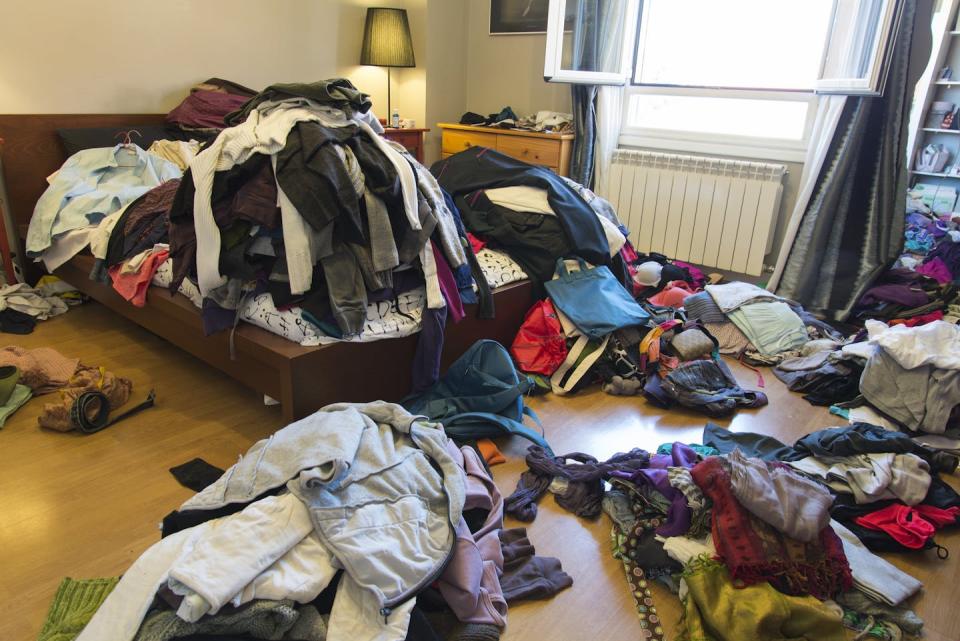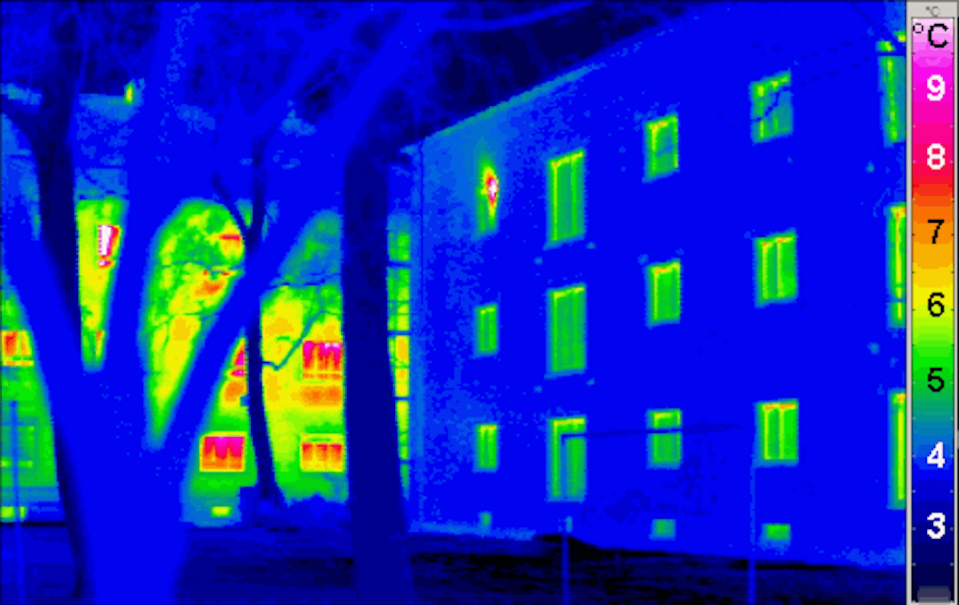Life is full of little decisions: Should I pick up that sock on the floor? Should I wash the dishes before going to bed? How about fixing the leaky faucet in the bathroom?
Leaving the sock on the floor is a manifestation of a concept in physics you may have heard of: entropy. Entropy is a measure of how much energy is lost in a system. If a system loses too much energy it falls into chaos. It only takes a little energy to lift a sock. But if you don’t maintain your yard, let pipes stay clogged, and never fix electrical problems, it all adds up to a chaotic home that requires a lot of energy to fix. And this chaos will destroy your time and your ability to accomplish other things.
The good news is that entropy has an opposite: Negentropy. As a researcher studying social systems, I have found that thinking in terms of negentropy and energy can help you fight entropy and chaos in daily life.

Minimize energy loss, maximize progress
In both physics and social systems, energy can be defined as the capacity or ability to do work. I have been studying social systems in schools, community dialogues, universities, corporations, and nonprofit organizations for more than twenty years. During this time, I observed that energy losses were constant; for example, four people meeting to plan seven-person meetings, or everyone’s worst nightmare, meetings that can be conducted via email. These small disappointments can lead to good employees starting to quit.
After thinking about energy for so long, I began to wonder, as others did, whether applying physics concepts to social systems could help them work better.
Over the past four years, my colleagues and I have developed a theory of negentropy and, using interviews and case studies, examined how energy is lost or gained in many types of systems, including higher education, leadership for online education, workplace organizations, and workplace organizations. online learning settings.
Our work suggests that social systems will be more efficient and effective when people keep the idea of negentropy in mind and take actions that limit or reverse energy loss. This can even make it easier for people to achieve larger goals. In other words, yes, you should pull up that sock, and yes, you should improve your meetings, and doing so may open you up to other ways to prevent future energy losses.


5 steps to negentropic success
From my colleagues’ and my research on negentropy, we found five steps to reverse the loss of energy in daily life.
1: Find the entropy.
Identify places in your daily life where energy is lost in social systems. It’s helpful to think of this as a thermal map of the exterior of your home, highlighting where heat or energy is lost. A poorly sealed window leaks heat energy. A poorly organized kitchen makes it difficult to find items. A poorly designed new employee onboarding system can lead to serious legal problems later on.
2: Prioritize losses.
Identify the biggest or most frustrating losses and the ones that catch your attention most often. For example, maybe that leaky kitchen faucet is driving you crazy. Fixing this can free up space in your mind to think about other improvements that will make your kitchen more functional.
3: Make a plan.
Identify actions that will reverse the energy losses you indicate and plan ways to address the highest priorities first. You can start by fixing the leaky faucet or picking up your socks; If pre-planning meetings are causing your organization too much trouble, analyze the problem and figure out how to fix it.
4: Try and pay attention.
Put ideas into action but stay focused on energy gains and losses. When trying to implement negentropic ideas, keep track of what works, how much effort it takes, and the ideas you come up with for future negentropic actions.
5: Go beyond repair and maintenance.
As you try to reverse energy losses, you may sometimes find that you are maintaining a social system that is not helpful, no matter how well it works. Spending time developing orientation to introduce new employees to the company culture may not be very helpful if the culture itself needs to change. The best way to apply the idea of negentropy to social systems is not just to improve small processes, but to look at the big picture and see whether the status quo itself is leading to energy loss.
Looking at things through a negentropic lens won’t solve a bad relationship or help you love a job you hate; These are complex issues. But if you begin to notice where energy is lost in your life, it will be easier to prioritize and act in ways that can improve the social systems around you.
[Deep knowledge, daily. Sign up for The Conversation’s newsletter.]
This article is republished from The Conversation, an independent, nonprofit news organization providing facts and authoritative analysis to help you understand our complex world. Written by: Alison Carr-Chellman, University of Dayton
Read more:
Alison Carr-Chellman does not work for, consult, own shares in, or receive funding from any company or organization that would benefit from this article, and has disclosed no relevant affiliations beyond her academic duties.